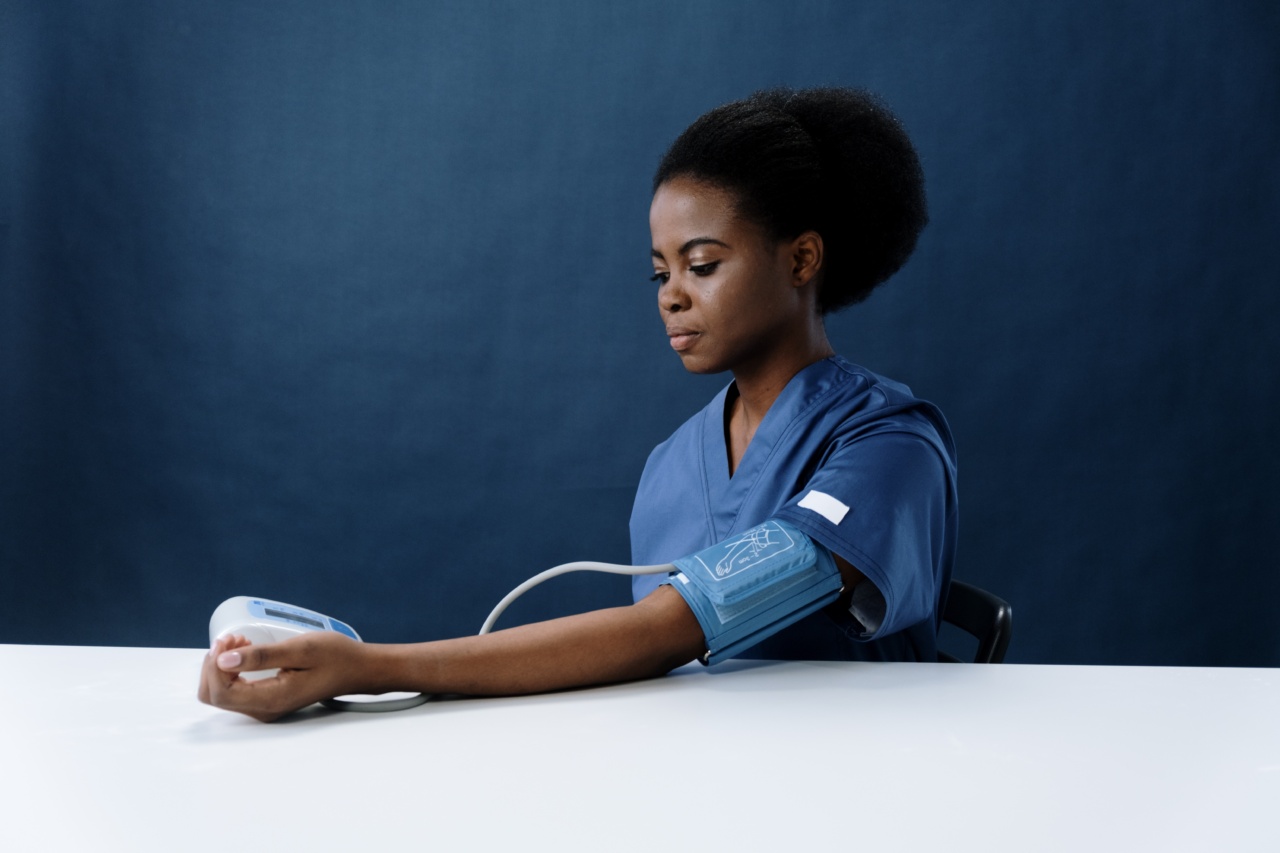Hypertension, also known as high blood pressure, is a common yet potentially dangerous condition that affects millions of people worldwide. This condition occurs when the force of blood against the walls of your arteries is consistently too high.
Over time, hypertension can lead to serious health problems, including heart disease, stroke, and kidney failure.
What is Hypertension?
Hypertension occurs when the blood pressure reading is consistently above the normal range of 120/80 mm Hg. Blood pressure is the force of blood pushing against the walls of the arteries.
High blood pressure means that this force is too high and can damage the arteries themselves. This damage can lead to a number of serious health problems.
What Causes Hypertension?
There are several factors that can contribute to the development of hypertension. These include:.
- Genetics – If your family has a history of hypertension, you may be at a higher risk of developing the condition.
- Diet – Eating a diet that is high in sodium, processed foods, and saturated fats can increase your risk of developing hypertension.
- Age – As you get older, your risk of developing hypertension increases.
- Lack of physical activity – Regular exercise can help to reduce your risk of developing hypertension.
- Being overweight or obese – Carrying excess weight puts additional strain on your heart and can increase your blood pressure.
- Stress – Chronic stress can increase your risk of developing hypertension.
What are the Symptoms of Hypertension?
For many people, hypertension does not cause any noticeable symptoms. This is why hypertension is often called the silent killer. However, if your blood pressure is consistently high, you may experience:.
- Headaches
- Dizziness
- Blurred vision
- Shortness of breath
- Nosebleeds
- Chest pain
If you experience any of these symptoms, it is important to see a doctor as soon as possible. However, remember that these symptoms are not specific to hypertension and may be caused by other health problems.
How is Hypertension Diagnosed?
The only way to know for sure if you have hypertension is to have your blood pressure checked by a healthcare provider. Blood pressure is measured using two numbers:.
- The systolic pressure – This is the pressure in your arteries when your heart beats.
- The diastolic pressure – This is the pressure in your arteries when your heart is at rest between beats.
A normal blood pressure reading is less than 120/80 mm Hg. If your blood pressure consistently reads above this range, your doctor will likely diagnose you with hypertension.
How is Hypertension Treated?
The treatment for hypertension will depend on the severity of your condition and any other health problems that you may have. Some treatment options include:.
- Lifestyle changes – This may include eating a healthy diet, getting regular exercise, and quitting smoking.
- Medications – There are several types of medications that can help to lower blood pressure, including diuretics, ACE inhibitors, and calcium channel blockers.
- Surgery – In some cases, surgery may be necessary to treat hypertension.
It is important to work closely with your healthcare provider to develop a treatment plan that is right for you. Hypertension that is left untreated can lead to serious health problems.
Preventing Hypertension
There are several things that you can do to help prevent hypertension. These include:.
- Manage stress – Find healthy ways to manage stress, such as exercise, meditation, or spending time with friends and family.
- Eat a healthy diet – Incorporate plenty of fruits, vegetables, whole grains, and lean proteins into your diet and limit processed foods and sodium.
- Get regular exercise – Aim to get at least 30 minutes of physical activity on most days of the week.
- Maintain a healthy weight – If you are overweight or obese, losing even a small amount of weight can help to lower your blood pressure.
- Avoid smoking and limit alcohol intake – Both smoking and excessive alcohol intake can contribute to hypertension.
- Get regular check-ups – If you have a family history of hypertension or other cardiovascular diseases, it is important to get regular check-ups with your doctor to monitor your blood pressure.
The Bottom Line
Hypertension is a common yet serious condition that can lead to serious health problems if left untreated. Fortunately, there are many steps that you can take to prevent and manage hypertension.
By making healthy lifestyle choices, seeing your doctor regularly, and following your treatment plan, you can lower your risk of developing complications related to hypertension.




























